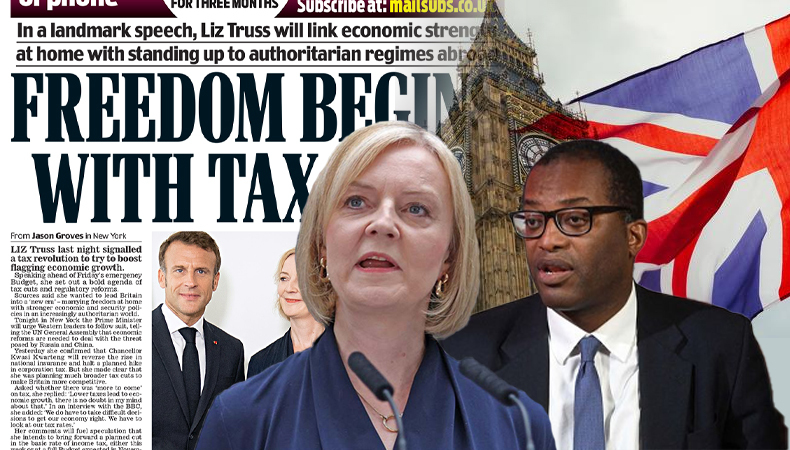Kwasi Kwarteng Finds Way to Mitigate Inflation And War Spending

Under the new leadership of Lizz Truss, the new Chancellor feels it’s important that he should move ahead with reversing a hike in national insurance payments and cut corporation tax at a cost of £30bn to the Treasury. Mr. Kwasi Kwarteng is thinking of doing so, expecting a precarious financial position that might spark a run on the pound finally.
With this, it has been determined that billions of pounds will actually be given away by cutting on stamp duty in house purchases and will also confirm a multi-billion-pound rise in the defense budget to support the war in Ukraine and boost growth.
Sterling fell to $1.138 – down from $1.22 last month and $1.40 last year – as traders switched to buying the dollar in advance of Friday’s mini-budget.
Analysis by the IFS showed promises to cut taxes and increase spending would push government borrowing to £100bn even if the energy crisis abated next year – £60bn above previous estimates.
Extra spending on pensions and benefits, which are linked to inflation, and an estimated £18bn hole in public sector budgets, which is likely to increase once higher energy bills are taken into account, will add to the government’s financial commitments, it said.
The announcement, which is expected to take deregulation further than the post-Brexit freeports set up by Boris Johnson’s government, will be part of a package that will also include a relaxation of planning laws in the zones.
Many are saying that the new growth targets set by Kwarteng are not impossible to achieve. But they would definitely require ‘a great deal of luck over a long period or a concerted change in policy direction.’ Once cannot simply assume oneself to fiscal sustainability. Tax cuts cannot pay for themselves on their own; they will need other forms of support aswell.




